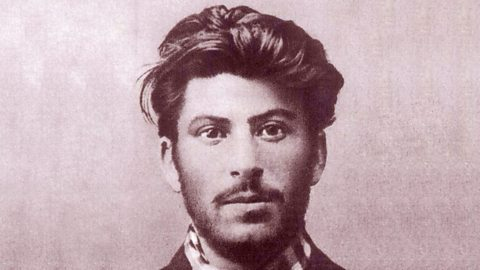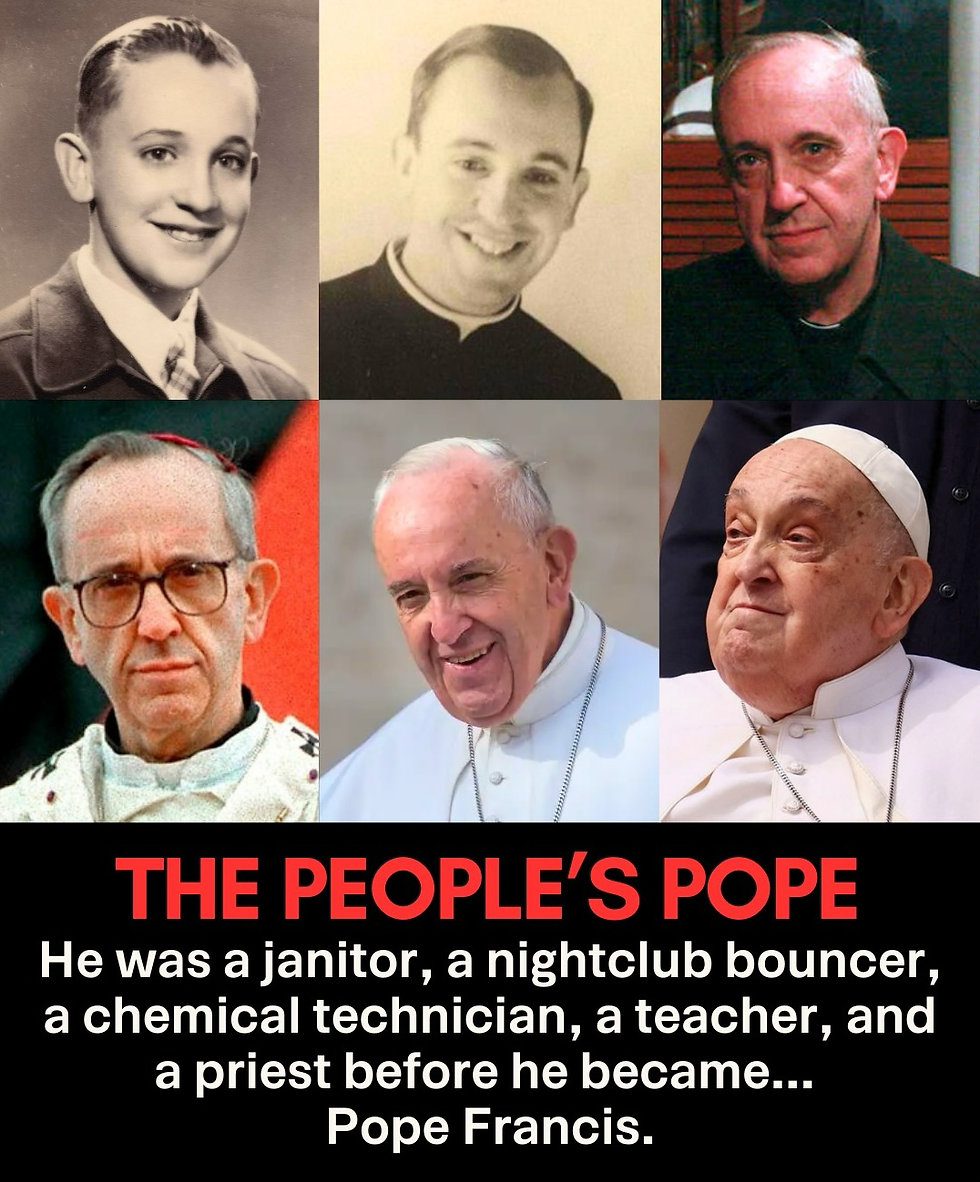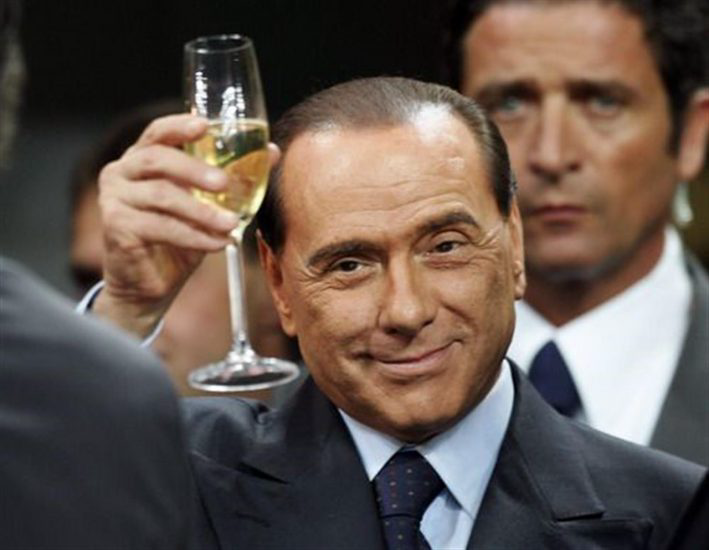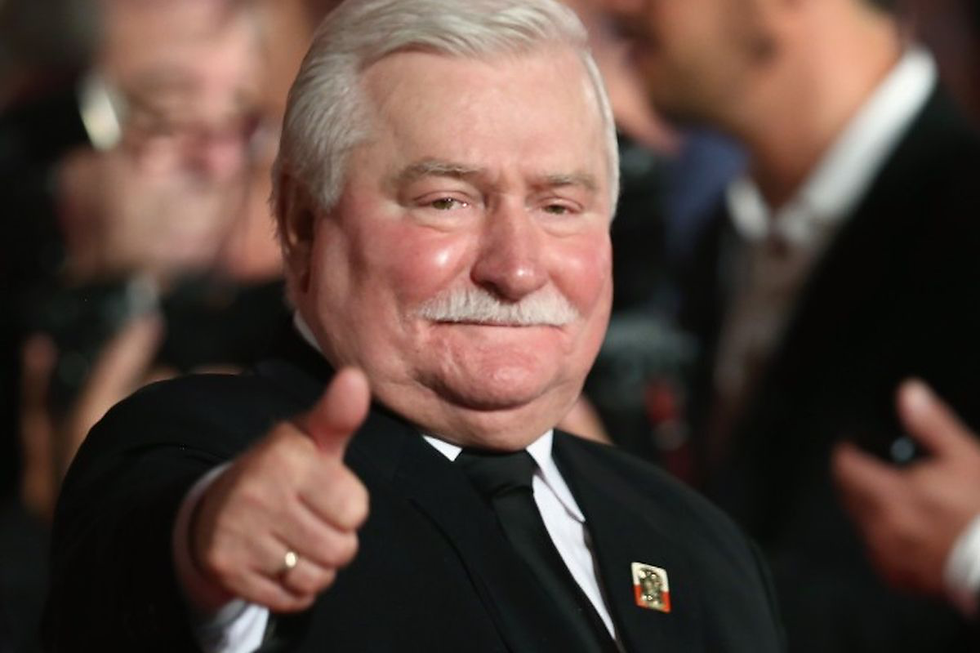Get A Job!
- tripping8
- Jul 25, 2025
- 14 min read
There’s a peculiar sort of theater to the modern resume. It’s a place of minor fictions and quiet omissions, a curated collection of polite half-truths meant to suggest that our lives have always moved forward with purpose. Everything on it is carefully pruned. Nothing too weird, nothing too human. We list internships as though they were battle honors, inflate job titles like souffles, and sprinkle in just enough self-deprecating charm to seem employable but not unstable. The hope, always, is to appear smooth- seamless. As if our career paths had been gently guided by invisible hands rather than panic, caffeine, or rent.

There’s a popular myth, much loved by textbooks and political campaigns, that leaders are born to lead. That somewhere between their first breath and their first policy paper, destiny whispered in their ears and said, “Yes, you.” Deviations from this arc are to be quietly buried. Strange detours - carnival gigs, stand-up comedy, goat herding - are fine for backpackers and musicians, but not, say, for the person who controls nuclear launch codes. They’re charming only in small doses, preferably after one has already been named VP of Strategic Development.
Of course, real life tends to be less elegant. It lurches. It stalls. It turns corners without signaling. And every so often, you find yourself realizing that someone currently negotiating arms treaties or steering a nation through crisis once spent their youth dressing as a giant chicken outside a strip mall or writing jokes for a puppet. The absurdity doesn’t cheapen their legacy. If anything, it adds texture - like discovering a revered classical pianist used to play in a dive bar cover band called “The Chorduroys.”

So no, this is not a think piece about ambition, nor a hymn to humble beginnings. This is something a bit different: it’s about detours. A lightly bewildered, occasionally envious tour through the early and often bizarre occupations of some of the world’s most influential leaders. The people who now grace currency, have commanded armies, and delivered state funerals once clocked in wearing name tags, handled livestock, and - in more than one case - dodged pies. If it reads like satire, rest assured: these are all real jobs held by real people who, against most odds and some questionable employment histories, ran the world anyway. History, it turns out, doesn’t care how you start. And neither, perhaps, should we.
Which is to say: if your current job feels like a cosmic joke, you’re in excellent company.
Joseph Stalin – Weatherman (1878-1953)
Before he became a tyrant with his own personality cult and a knack for rewriting history by - often literally - erasing people from it, Joseph Stalin was a poor shoemaker’s son from the Georgian backwaters. Born Ioseb Dzughashvili with a volatile, drunken father and a mother who dreamed of the priesthood for him. It was a beginning more Dickens than Dostoevsky, save for the fact that young Stalin lacked both charm and an orphan’s luck. His mother enrolled him in the Spiritual Seminary of Tbilisi, where young Stalin was meant to find God but instead found Darwin and Marx. By 1899, the seminary and Stalin had parted ways, neither particularly sorry to see the other go.

At 21, Stalin took a job as a meteorologist at the Main Physical Observatory in Tbilisi, where he spent his days recording weather data - barometric pressure, humidity levels, and the like. For nine hours a day, six days a week, Stalin observed the clouds, scribbled in ledgers, predicting the weather and quietly plotting revolution on the side. It would be the only “real job” he ever held.
By 1901, Stalin's weather career had dried up. He walked out of the observatory and into full-time revolutionary life, trading weather logs for manifestos and forecasts for forced collectivization. The man who would one day command purges, gulags, and the terrified obedience of an entire nation had once made a living predicting drizzle.

Charles de Gaulle – Aspiring Novelist (1890-1970)
Before he became the iron silhouette of modern France, Charles de Gaulle fancied himself a novelist. Not a military theorist or wartime leader - those came later - but a man of letters, preferably admired ones. In the years after World War I, fountain pen in hand, he set out to write fiction, the kind that would elevate him from officer to author, or at the very least, to someone who might be reviewed in Le Figaro. The problem, unfortunately, was that his novels weren’t very good.

Critics (and later, historians) politely described his early manuscripts as “dense,” “overwrought,” or simply “impenetrable.” The prose strained for profundity, the characters lacked oxygen, and the metaphors wandered aimlessly through the halls of Versailles. Publishers passed. Readers (when they existed) winced. Eventually, even he conceded the obvious: the novel would not be his medium. Reality, as it turned out, would give him better material.
Eventually, he put down the pen and picked up the nation, trading literary rejection for military precision - and this time, the world noticed. As President of France, De Gaulle would go on to write history, rather than invent it – to draft constitutions, not plots. And yet somewhere, beneath the accolades and marble statues, was a young man who once believed in sentences more than strategies. He didn’t wind up writing great novels, he lived one.

Golda Meir – History Teacher (1898-1979)
Long before she was the “Iron Lady” of the Middle East, Golda Meir was educating small children in Milwaukee, Wisconsin. Raised in a working-class immigrant family, she came of age speaking Yiddish and organizing her classmates into political debates that were probably more structured than most modern parliaments. By the time she graduated high school, Meir already had a teacher’s glare and the kind of moral certainty that tends to either burn out or take over a country.

She taught English and civics to second-generation Jewish kids who were far more interested in recess than regional diplomacy. Her classroom in Wisconsin was not exactly a launchpad to nation-building, but it did hone a few essential skills: endurance, diplomacy, and the ability to command a room full of unruly human beings with nothing but presence and a piece of chalk.
By the late 1920s, she left teaching, Milwaukee, and the United States, heading for Palestine with a husband, a dream, and very little patience for dithering. The rest, as they say, is history. Golda Meir would go on to become Israel’s fourth Prime Minister and its first (and so far, only) woman to hold the post. But before she waged wars and negotiated ceasefires, she stood at the front of a classroom in Wisconsin, trying to get a room full of children to sit down and listen. Which, as it turns out, was excellent training.

Pope Francis – Nightclub Bouncer (1936-2025)
Long before he was the moral shepherd to over a billion Catholics, Jorge Mario Bergoglio was just another young man in Buenos Aires trying to keep the chaos at bay - sometimes literally. Born to Italian immigrants, he spent his early years studying chemistry, sweeping floors, and taking whatever jobs paid in cash. One of those jobs, famously, was as a nightclub bouncer, where he managed crowds not with fists, but with that unnervingly calm stare that would later silence entire synods.
He also worked as a janitor, a lab technician, and briefly flirted with the idea of romance before deciding that celibacy - though statistically unpopular – and the priesthood was the better long-term investment.

He rose through the ranks with little ambition for grandeur, preferring buses to limousines and back pews to pulpits. Still, leadership has a way of finding those least interested in it, or - sometimes when we all get very lucky - those least intoxicated by it.
When he became Pope in 2013, he brought with him not just humility, but mileage – this was a man who had cleaned toilets and learned early on how to defuse a brawl without lighting a cigarette. Francis may not have looked like the typical heir to the Vatican throne, but in retrospect, his resume reads like perfect preparation. After all, the church is no stranger to messes. And who better to clean house than someone who’s actually done it?

Silvio Berlusconi – Cruise Ship Crooner (1936-2023)
Before becoming Italy’s longest serving – and most polarizing - postwar Prime Minister, Silvio Berlusconi was crooning love songs to tourists on Mediterranean cruise ships. In the 1950s, while technically studying law in Milan, young Silvio moonlighted as a lounge singer, charming sunburned Germans and tipsy Americans in hotel bars from Naples to Elba. One of his regular haunts was Bar Kontiki, a seaside joint on the island of Elba, where he serenaded beachgoers with a microphone in one hand and a cocktail in the other. The performances were earnest, the tips modest, and the ego - already colossal.

The voice was smooth and the gift for performance unmistakable. Berlusconi knew how to hold a room, when to wink, and how to leave people applauding without quite remembering why. All of this would serve him well in later years, as he traded piano bars for Parliament. Between cruise ship gigs, he earned his law degree and began building what would become a media empire, brick by brick, broadcast by broadcast, scandal by scandal.
By the time he entered politics in the 1990s, Berlusconi had mastered the Italian art of being both outrageous and electable. He would go on to dominate headlines, courtrooms, and ballots for decades, often simultaneously. But before all that - before the bunga bunga parties and the televised bravado - he was just a slick young man with a grin, a tuxedo, and a very portable keyboard. Say what you will about his politics, the man certainly knew how to hold a room.

Jimmy Carter – Peanut Farmer (1924-2024)
Long before he was president, humanitarian, or the world's most decent ex-anything, Jimmy Carter was just another man sweating it out in the Georgia sun. After leaving the Navy, Carter returned to rural Georgia to salvage his family’s failing peanut farm. It was hard, unglamorous work. The margins were thin and the hours long. But it gave Carter something very rare in Washington DC: humility.

The peanut farm was more than a livelihood; it became a metaphor. When Carter launched his presidential campaign in the mid-1970s, he leaned hard into the “humble roots” narrative, which the American public - still hungover from Watergate and suspicious of ambition - devoured like a bowl of boiled peanuts at a church picnic. There were no dynasties, no oil deals, no golf resorts. Just a soft-spoken Baptist with calloused hands and a deep belief that government, like farming, should be honest, local, and rooted in the land.
Of course, mythmaking is its own form of agriculture, and the peanut farmer persona - carefully tended - grew into something iconic. Carter would go on to govern with stubborn integrity and later redefine what a former president could be.

But before Camp David and Nobel Prizes and building houses into his 90s, he was just a man on a tractor, hoping the rain would come at the right time. And sometimes, against all odds, it did.
Boyko Borisov – Bodyguard & Karate Coach (1959 - )
Before he became Bulgaria’s longest-serving prime minister - and its most polarizing political mainstay - Boyko Borisov was better known for his biceps than his budget proposals. He started his adult life in the sweat-soaked world of martial arts and later served as a fireman, which, to be fair, is one of the few professions that genuinely prepares a person for politics in the Balkans: everything’s on fire, and no one knows where the hose is.
By the 1990s, as communism collapsed and opportunism blossomed, Borisov made a name for himself in Bulgaria’s newly chaotic underworld - not as a criminal, exactly, but as the man who guarded the elite. He ran a private security firm whose client list included former dictators, high-powered businessmen, and the King-in-exile, Simeon II. With his black belt in karate and his gift for knowing when not to talk, Borisov was a man you called when discretion and muscle were both required.

Eventually, he traded bodyguarding for ballot boxes and founded his own political party, GERB, which somehow managed to be populist, nationalist, and pro-European all at once. He became prime minister, then resigned, then returned, then resigned again, then came back once more, in a kind of Balkan political Groundhog Day.

But long before the suits and the press conferences, Boyko Borisov was just a man in a tracksuit who, eventually stopped guarding the throne and sat on it.
Angela Merkel – Atom Whisperer (1954 - )
Before she became Chancellor of Germany and the unshakeable center of European politics - the woman who could stare down presidents without blinking - Angela Merkel spent her days in a lab coat, wrangling equations and subatomic particles. Born and raised in what was then East Germany, she came of age behind the Iron Curtain. Merkel studied physics because, as she once dryly noted, it was one of the few fields the Stasi couldn’t politicize. She went on to earn a PhD in quantum chemistry - a discipline known for its obscurity, precision, and total indifference to charisma.

Her doctoral work involved calculating the rate constants of bimolecular reactions - think of it as watching atoms flirt, break up, and recombine, but in German. She spent years, charting molecular behavior, analyzing chemical bonds, and developing the quiet patience that would one day serve her in Brussels, where people are slower to split than atoms. She was brilliant, methodical, and largely invisible - traits that made her both excellent in a lab and underestimated everywhere else.
When the Berlin Wall fell, Merkel stepped out of the research institute and into politics with the same calm detachment she brought to molecular theory. She rose steadily, silently. No slogans. No drama. Just showing up, doing the work, and outlasting everyone else.

Angela Merkel didn’t change for politics. Politics, bafflingly, bent to accommodate a quantum chemist with a wardrobe that politely declined to evolve. And maybe that was the genius of it. While others blustered, she calculated.
Narendra Modi – Chaiwalla (1950 - )
Before he became the most dominant Prime Minister in India since Nehru - part statesman, part spectacle - Narendra Modi sold tea on train platforms. As the story goes, he was a boy with a kettle, helping his father serve chai to weary travelers along the dusty train tracks of Gujarat. Whether he brewed the tea himself or merely carried the cups has been debated, but no matter; the image stuck. A young boy in sandals, peddling warmth in ceramic mugs - what better origin story for a man who would one day pour nationalism by the gallon?

The chaiwala narrative became more than background - it became brand. In campaign speeches, documentaries, and political posters, the tea stall was elevated to a kind of secular shrine. Modi was not a dynast, not a Delhi insider, but a self-made man who rose from steam and struggle. The simplicity of it made it powerful: in a country with more vendors than voters, it suggested he was one of them - only luckier, louder, and far more relentless. Critics scoffed, but the crowds drank it in.

And yet, behind the myth, there was a boy who did grow up poor, who did leave home early, and who did rise through the ranks not by birthright but sheer ideological hustle. Modi learned early how to hold a room, how to speak in punchy couplets, and how to turn personal biography into political theater. Sometimes populism brews best in small clay cups.
Lech Walesa – Keeping the Lights On (1943 - )
Before he became the face of Polish resistance and a Nobel laureate with a walrus mustache, Lech Wałęsa spent his days elbow-deep in wires, fixing circuit boxes at the Gdańsk Shipyard. He wore overalls, carried a tool belt, and worked the kind of job that stains your hands permanently. It wasn’t glamorous - unless you have a thing for Soviet-era scaffolding and the smell of solder - but it paid just enough and demanded just enough, and for a while, that was enough.
But Wałęsa had a habit of speaking up when silence was safer. He started organizing his fellow workers through Solidarity, the trade union he founded, leading strikes, and ducking in and out of interrogation rooms.

He wasn’t a theorist or an academic. He didn’t write manifestos. He just believed, loudly and repeatedly, that ordinary people deserved dignity. And when the shipyard strikes of 1980 boiled over, it was Wałęsa who climbed the fence, megaphone in hand, and accidentally helped crack the Eastern Bloc.
The electrician became a symbol, then a movement, then - almost inevitably - a president. But he never lost the cadence of a working man or the slightly exasperated look of someone who’d rather be fixing something concrete. In a region long ruled by generals and bureaucrats, Lech Wałęsa arrived with a pair of pliers and a union badge. And that, it turned out, was enough to short-circuit an empire.

Volodymyr Zelensky – Comedian & TV Star (1978- )
Before he became the wartime president of Ukraine and a global symbol of defiance, Volodymyr Zelensky was best known for making people laugh on television. A trained lawyer who never practiced, Zelensky took a sharp left turn into comedy, co-founding a sketch troupe called Kvartal 95 and eventually becoming one of the most recognizable entertainers in the country. He played presidents, mobsters, and bumbling husbands with equal charm, always with a punchline - and never wearing a tie.
In 2015, he starred in Servant of the People,

a hit TV series in which he portrayed an everyman schoolteacher who accidentally becomes president after a viral video rant. At the time, this was considered satire. He also won Dancing with the Stars and voiced Paddington Bear, delivering punch lines before policy.
But in 2019, life politely asked satire to step aside. Zelensky, running under the banner of his fictional political party - renamed into a real one - won the actual presidency in a landslide. Critics dismissed him as a joke. Supporters hoped for disruption. What they got, not long after, was a full-scale Russian invasion, and a former comedian standing in a flak jacket on the streets of Kyiv, refusing evacuation and delivering defiant Churchillian monologues that now carry the weight of history. The man once paid to make Ukrainians laugh was now asking them to endure.

It shouldn’t have worked. And yet, somehow, it did. Zelensky brought with him not just charisma, but an instinct for timing, storytelling, and the camera’s quiet seduction. He understood how to frame a message and how to hold a pause. Before he stood before parliaments and pleaded with world leaders, he stood on stage and rehearsed punchlines. Both roles required courage - just different kinds. And both, improbably, prepared him for the moment when the world would stop laughing.
Get a Job!
So, what’s the takeaway here? It’s not that greatness springs from humble beginnings. That’s too tidy. Too sentimental. The lesson is simply: get a job. Any job. Scrub dishes, sell tea, fix light switches, sing on cruise ships - doesn’t matter. Not because it’ll look good on your resume (it probably won’t), or because it’ll build character (it probably will), but because history doesn’t wait for you to feel ready. It just shows up one day, taps you on the shoulder, and says, “You. Yeah, you. Get in.”
History has never demanded a linear path - only a stubborn refusal to stay put. If you’re sitting in a job that feels beneath you, beside you, or just plain ridiculous, congratulations. You’re in the warm-up act of something potentially profound.
Because the joke, if there is one, is that the very things we try to hide on our resumes - the detours, the embarrassments, the “what was I doing with my life” years - these aren’t career killers. They’re seasoning. Texture. Proof you’ve lived a life, not just diagrammed one.
Like the old saying goes, it’s not where you start, it’s where you finish.
Electricians become presidents. Comedians become wartime leaders. Failed novelists grow into national symbols. Popes push mops. Some guy who once tracked cloud cover in Tbilisi ends up running the world’s largest country. The roads to power aren’t paved - they're improvised, potholed, and usually smell faintly of onions.

It's time to kill the myth that anyone ever really knew what they were doing. The future presidents, prime ministers, popes, and peacemakers are, right now, answering phones, coaching karate, pouring coffee, and wondering if they’re wasting their lives. They aren’t. Or maybe they are - but it doesn’t matter. Because the road ahead doesn’t care what you had planned.
So, if your life feels like it’s going nowhere, congratulations. That’s where every interesting story begins. Get a job. Any job. Then stay curious, stay restless, and keep showing up. Because if the stories in this post prove anything, it’s this: the future doesn't really give a damn about your career ladder. It just wants to know if you’re weird enough to be interesting and stubborn enough to say yes when history calls.




My favorite two new facts were about Golda Meir and Dr. Angela Merkel. Two incredibly powerful, intelligent women who made a difference! Maybe not always appreciated, but tried to contribute to the greater good!
Pope Francis, a bouncer….. we all have interesting beginnings…..
What about:
Jeffry Epstein | College Professor
Just watched his Netflix documentary. What a scumbag. And he lied about finishing college to get both his teaching job, but also his stock market job. They kept him AFTER they learned he lied on his resume. People. Sigh.